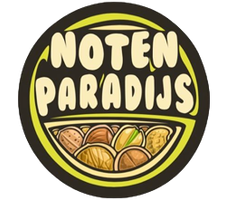Open mobile app


Özgül Yeniay
Merhaba! Yardıma mı ihtiyacınız var?
Hiç merak etmeyin, birlikte çözeriz. Bana neye ihtiyacınız olduğunu söyleyin, size memnuniyetle yardımcı olurum😊
Bee Bread, also known as Perga, is a completely natural food created when bees collect pollen and enrich it with enzymes through fermentation. The result is a nutrient-dense superfood, rich in proteins, minerals, amino acids, and vitamins — the first food for bee larvae and a powerful supplement for humans.
Adults: 6–12 pieces daily. Children: 3–6 pieces. Chew directly, can be taken on an empty or full stomach.
Turkey
Not suitable for people allergic to pollen or bee products.
| Nutrient | Amount |
|---|---|
| Energy | 1510 kJ / 360 kcal |
| Fat | 7 g |
| Saturated Fat | 2 g |
| Carbohydrates | 35 g |
| Sugars | 30 g |
| Protein | 20 g |
| Salt | 0.02 g |
| Vitamin C | 2 mg |
100% Bee Bread (Perga)
Store in a cool, dry place away from direct sunlight.
Temperature: 6–10 °C


Merhaba! Yardıma mı ihtiyacınız var?
Hiç merak etmeyin, birlikte çözeriz. Bana neye ihtiyacınız olduğunu söyleyin, size memnuniyetle yardımcı olurum😊
